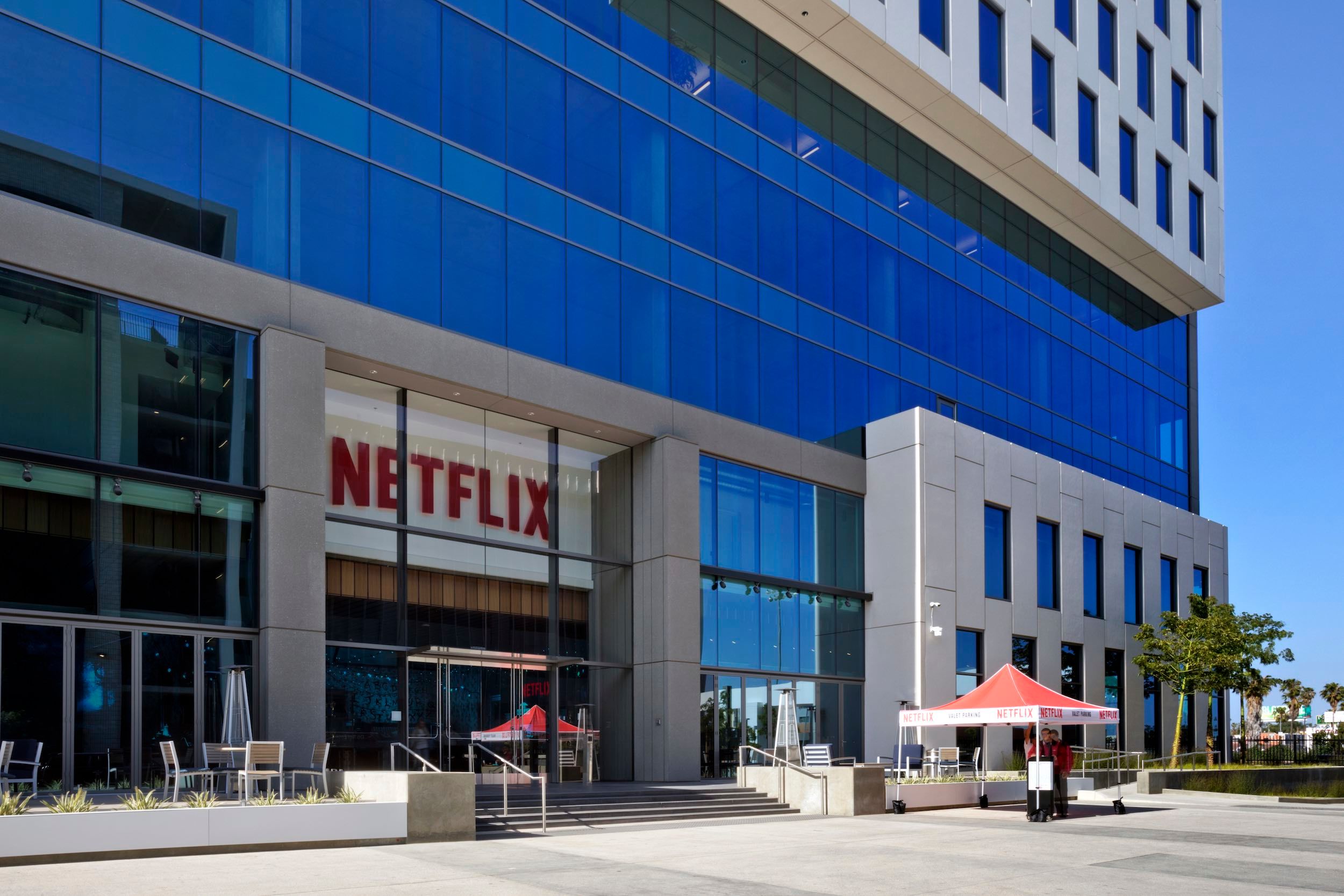
The smarter way to stay on top of the streaming and OTT industry. Sign up below.
You are now subscribed
Your newsletter sign-up was successful
The acronym FAANG (Facebook, Apple, Amazon, Netflix and Google) is often used to describe the major players in the tech world. That’s always baffled me. As the old Sesame Street song goes, “One of these things is not like the others. One of these things just doesn’t belong ..."

That would be Netflix.
While Netflix is a wonderfully forward thinking company whose shows I enjoy on a regular basis, it is nowhere near being in the same league as any of the other four “FAANG” companies.
To begin with, it has just a single product and a single revenue stream, whereas the other four companies have multiple revenue streams based on a wide variety of products, both tangible (hardware) and intangible.
And while Netflix has planted a flag in most countries on earth, its presence in the vast majority of those countries does not extend much beyond that flag, as compared to say Google, whose search engine really is pretty much universal (save China) or Apple, whose iPhones also have global reach, or Facebook whose apps are the default interpersonal communications platform for much of the world.
Then there’s advertising.
Netflix doesn’t do it, not even almost, while three of the other four are heavily invested in it. The fourth, Apple, makes a lot of noise about not really being all that into ads, but Wall Street analysts estimate their ad business—primarily search ads on their App Store — is now worth around $3 billion and could triple over the next two years.
The smarter way to stay on top of the streaming and OTT industry. Sign up below.
Netflix is nowhere in the same league as any of the other four in terms of size, revenue, impact, global presence and participation in the global ad market.
I’ve never been clear as to why FAANG took off in the U.S., other than that it sounds sort of funny and the people using it really didn’t get Netflix’s role in the greater media/tech ecosystem.
It’s telling that Europeans don’t make much use of it. “GAFA” — Google, Apple, Facebook, Amazon—is much more common there. While Netflix is definitely a force in Europe, it’s much less of one than it is in the U.S., and that may explain their disinclination to include Netflix in the tech pantheon.
That, or “FAANG” just doesn’t sound as clever in French.
The MAGMA Alternative
My friend Evan Shapiro, whose maps of the media landscape have become industry standards, proposed an alternate acronym that makes much more sense: MAGMA: Meta, Amazon, Google, Microsoft and Apple.
“Microsoft?” many of you are likely thinking.
They are admittedly a name that does not come up much these days when talking about bright shiny tech objects.
That said, they own LinkedIn, whose 740 million users dwarf Twitter’s 192 million. What’s more, after the U.S., LinkedIn is most popular in India and China, the world’s two largest markets. (Netflix, by comparison, is not in China and is struggling mightily in India, where it only has 5 million users.)
Microsoft also owns the Xbox gaming device, which currently has over 100 million users worldwide, a dramatic jump from the 40 million it had five years ago in 2016.
There’s also Microsoft Teams, which, while it does not have the cachet of Google Docs, does have 250 million active users, many of whom were added during the pandemic by Zoom-phobic IT departments at large companies, but 250 million is still 250 million.
Finally, there’s Microsoft’s ad business, which is based on LinkedIn. It pulls in over $3 billion a year, largely on the premise that LinkedIn is the best social media app for B2B advertising.
So there’s all that, and the fact that while it’s easy to see any of the MAGMA companies buying Netflix, it’s unlikely that Netflix would buy one of them.
There’s also the fact that while Microsoft does not currently do much in the way of content creation beyond gaming (a booming part of the media ecosystem) they certainly have the wherewithal to jump into other areas via an acquisition. That said, given the rising prominence of gaming, especially among younger audiences, their massive presence there is not nothing, as the saying goes.
Beyond just satisfying a need to correctly identify the major players in the media-tech universe, adopting MAGMA would provide a better framework for everyone to understand just how the media ecosystem is structured and how it is likely to evolve in the post-pandemic decade to come.
These five multibillion dollar global companies whose assets have such an outsized impact on so many aspects of our daily lives have an outsized impact on just about everything, and identifying them as such will also be critical to understanding how to keep them under control.
Alan Wolk is the co-founder and lead analyst for media consultancy TV[R]EV
